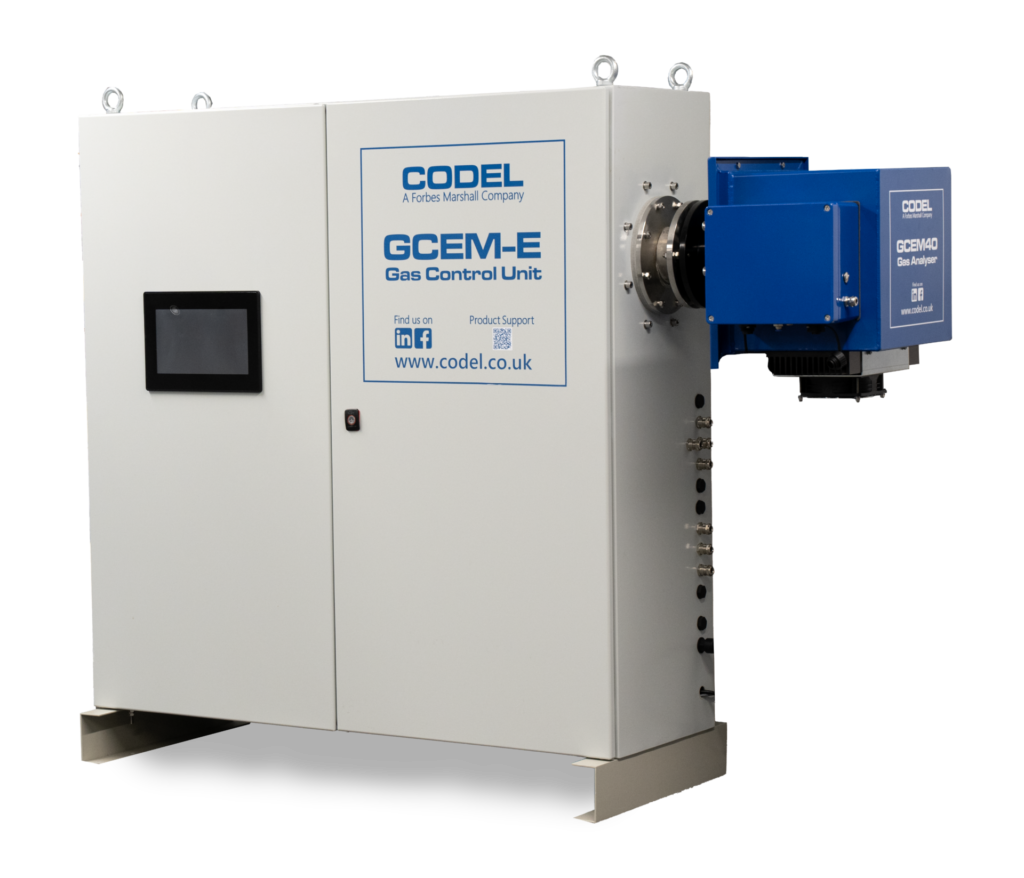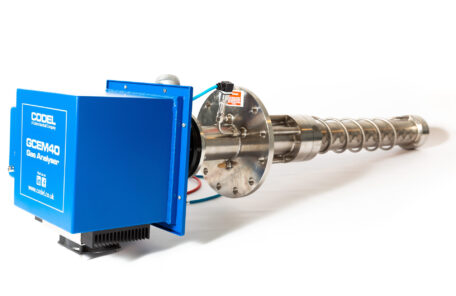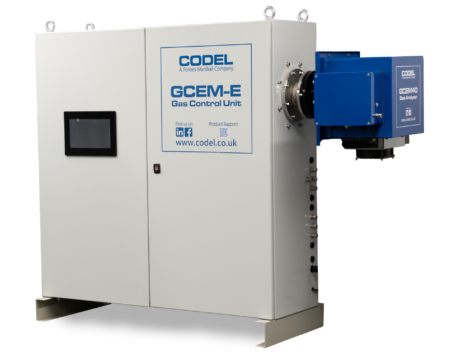Enhancing Safety with Continuous Emissions Monitoring
In industrial settings, worker safety is paramount. Ensuring a safe working environment requires constant vigilance and the implementation of advanced monitoring systems. One crucial aspect of maintaining a safe workplace is the continuous monitoring of emissions. Continuous Emissions Monitoring Systems (CEMS) play a significant role in protecting workers from hazardous pollutants, ensuring compliance with environmental regulations, and promoting overall industrialsafety.
Understanding Continuous Emissions Monitoring Systems (CEMS)
Continuous Emissions Monitoring Systems are sophisticated technologies designed to measure and analyse the emission of pollutants from industrial processes in real time. These systems provide critical data on the concentration of gases such a sulfur dioxide (SO2), nitrogen oxides (NOx), carbon monoxide (CO), and particulate matter. By continuously tracking these emissions, CEMS offer invaluable insights into the environmental impact and operational efficiency of industrial facilities.

Protecting Worker Health
One of the primary benefits of CEMS is their contribution to worker health and safety. Industrial processes can release harmful gases and particulate matter that pose serious health risks to workers. Exposure to high levels of pollutants can lead to respiratory issues, cardiovascular problems, and other long-term health complications. By continuously monitoring emissions, CEMS help to detect and mitigate these risks promptly. When emission levels exceed safe thresholds, CEMS trigger immediate alerts, allowing operators to take swift corrective actions. This real-time monitoring ensures that hazardous exposure is minimized, safeguarding workers from potential health hazards. Additionally, the data collected by CEMS can be used to identify patterns and sources of emissions, enabling facilities to implement more effective pollution control measures.
Обеспечение соответствия правилам
Compliance with environmental regulations is not only a legal requirement but also a critical aspect of maintaining a safe working environment. Regulatory bodies set strict limits on the number of pollutants that industrial facilities can emit. Continuous emissions monitoring helps companies adhere to these regulations by providing accurate and real-time data on emission levels. Non-compliance with environmental standards can result in hefty fines, legal liabilities, and damage to a company’s reputation. More importantly, it can endanger the health and safety of workers and the surrounding community. CEMS ensure that emission levels remain within permissible limits, reducing the risk of regulatory violations and enhancing overall safety.
Promoting a Culture of Safety
Implementing continuous emissions monitoring fosters a culture of safety within industrial organizations. It demonstrates a commitment to protecting worker health and the environment. When employees see that their company is investing in advanced technologies to monitor and control emissions, it instils a sense of confidence and trust. Moreover, CEMS data can be used to train and educate workers about the importance of emissions control and safety practices. By understanding the impact of emissions and the measures in place to manage them, workers are more likely to adhere to safety protocols and contribute to a safer working environment.
Enhancing Operational Efficiency
Beyond worker safety, continuous emissions monitoring also enhances operational efficiency. By providing real-time data on emissions, CEMS enable operators to optimize industrial processes, reduce waste, and improve overall performance. This not only leads to cost savings but also minimizes the environmental footprint of industrial activities. For instance, identifying and addressing inefficiencies in combustion processes can result in lower fuel consumption and reduced emissions. This proactive approach not only benefits the environment but also contributes to a healthier and safer workplace.
Conclusion
Continuous Emissions Monitoring Systems are indispensable tools for enhancing worker safety in industrial settings. By providing real-time data on pollutant levels, CEMS help protect workers from hazardous exposures, ensure compliance with environmental regulations, and promote a culture of safety. Investing in continuous emissions monitoring is not only a legal and ethical obligation but also a smart business decision that leads to safer, more efficient, and more sustainable industrial operations.
At CODEL, we are committed to providing cutting-edge CEMS solutions that empower industries to safeguard their workforce and the environment. Our advanced monitoring systems are designed to deliver accurate, reliable, and real-time data, enabling proactive and effective emissions management. Contact us today to learn more about how our continuous emissions monitoring solutions can enhance safety and efficiency in your industrial facility.



